What was the role of merchant guilds in the medieval and early modern economy? Does their wide prevalence and long survival mean they were efficient institutions that benefited the whole economy? Or did merchant guilds simply offer an effective way for the rich and powerful to increase their wealth, at the expense of outsiders, customers and society as a whole? These privileged associations of businessmen were key institutions in the European economy from 1000 to 1800. Historians debate merchant guilds’ role in the Commercial Revolution, economists use them to support theories about institutions and development, and policymakers view them as prime examples of social capital, with important lessons for modern economies. Sheilagh Ogilvie’s magisterial new history of commercial institutions shows how scrutinizing merchant guilds can help us understand which types of institution made trade grow, why institutions exist, and how corporate privileges affect economic efficiency and human well-being.
ترجمه فارسی (ترجمه ماشینی)
نقش اصناف بازرگانان در اقتصاد قرون وسطی و اوایل مدرن چگونه بود؟ آیا شیوع گسترده و بقای طولانی آنها به این معنی است که آنها نهادهای کارآمدی بودند که به نفع کل اقتصاد بودند؟ یا اینکه اصناف بازرگان صرفاً راه مؤثری را برای ثروتمندان و قدرتمندان برای افزایش ثروت خود به بهای زیان خارجی ها، مشتریان و کل جامعه ارائه کردند؟ این انجمنهای ممتاز بازرگانان از 1000 تا 1800 نهادهای کلیدی در اقتصاد اروپا بودند. مورخان درباره نقش اصناف بازرگانان در انقلاب تجاری بحث میکنند، اقتصاددانان از آنها برای حمایت از نظریههای مربوط به نهادها و توسعه استفاده میکنند، و سیاستگذاران آنها را نمونههای بارز سرمایه اجتماعی میدانند. با درس های مهم برای اقتصادهای مدرن. تاریخچه جدید موسسات تجاری شیلاگ اوگیلوی نشان می دهد که چگونه بررسی دقیق اصناف بازرگان می تواند به ما کمک کند تا بفهمیم کدام نوع مؤسسه باعث رشد تجارت شده است، چرا مؤسسات وجود دارند و چگونه امتیازات شرکتی بر کارایی اقتصادی و رفاه انسان تأثیر می گذارد.




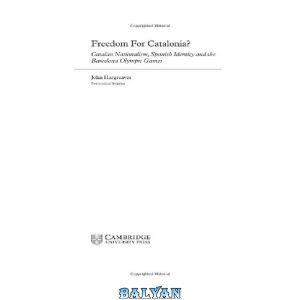

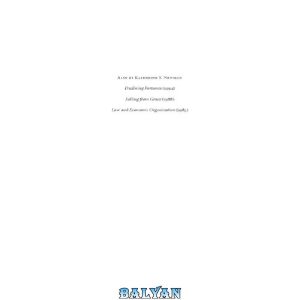
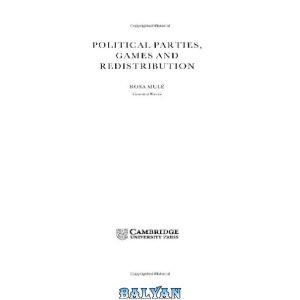

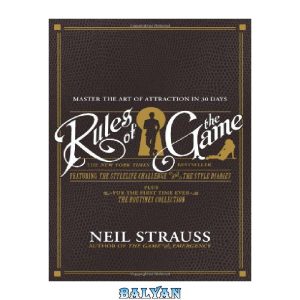
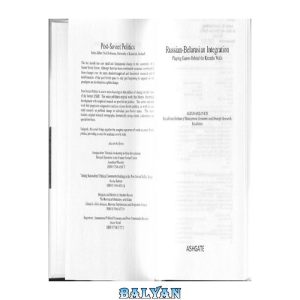

نقد و بررسیها
هنوز بررسیای ثبت نشده است.